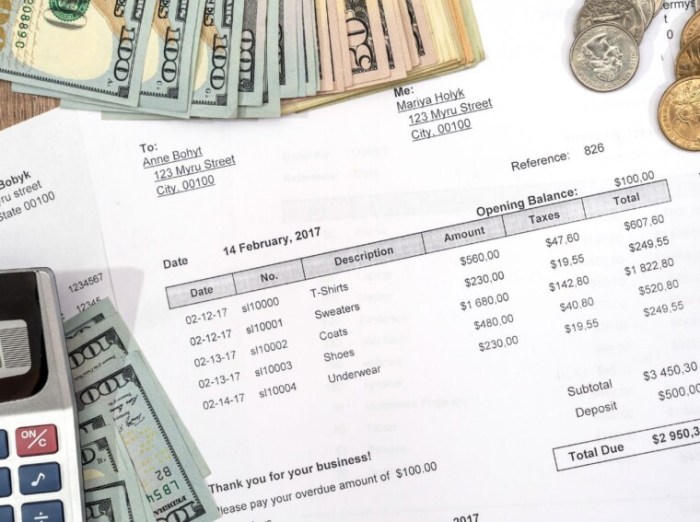In legal proceedings, Luis needs accounting records and bank statements from a witness to establish financial transactions and activities. These records play a crucial role in corroborating witness testimony and providing a comprehensive overview of financial dealings. This guide will explore the significance of witness accounting records and bank statements, the challenges in acquiring and authenticating them, and the best practices for gathering, organizing, and analyzing these documents.
Obtaining accounting records and bank statements from witnesses requires a systematic approach and an understanding of legal procedures and ethical considerations. This guide will provide a step-by-step process for gathering and organizing these records, ensuring their integrity and confidentiality. It will also discuss the use of technology and specialized software in managing and analyzing witness financial records.
Witness’s Accounting Records: Luis Needs Accounting Records And Bank Statements From A Witness

In legal proceedings, witness accounting records serve as crucial evidence in establishing financial transactions and activities. These records provide a comprehensive overview of the witness’s financial history, enabling investigators to corroborate testimony, detect inconsistencies, and identify potential areas of concern.
Obtaining and Authenticating Witness Accounting Records
Acquiring witness accounting records can be challenging due to privacy concerns and the potential for tampering. To ensure the authenticity and integrity of the records, it is essential to follow established legal procedures and maintain a clear chain of custody.
Bank Statements from Witness

Bank statements provide valuable corroboration for financial information provided by witnesses. They offer a detailed record of transactions, account balances, and other financial activities. Bank statements can help investigators verify the witness’s income, expenses, and financial relationships.
Types of Bank Statements, Luis needs accounting records and bank statements from a witness
Commonly requested bank statements from witnesses include:
- Checking account statements
- Savings account statements
- Investment account statements
- Loan account statements
Gathering and Organizing Records

Gathering and organizing witness financial records involves a systematic process to ensure accuracy and maintain the integrity of the evidence. It includes:
- Requesting records from the witness
- Maintaining a detailed inventory of collected documents
- Organizing records chronologically and by type
- Utilizing technology and specialized software for efficient management and analysis
Analyzing Witness Financial Records
Analyzing witness financial records requires a combination of analytical techniques to identify discrepancies, inconsistencies, and potential areas of concern. These techniques include:
- Vertical and horizontal analysis
- Ratio analysis
- Trend analysis
- Benford’s Law analysis
When analyzing financial records, it is crucial to consider the witness’s intent, motives, and credibility to provide context and assess the reliability of the evidence.
Answers to Common Questions
What are the common challenges in acquiring witness accounting records?
Challenges include reluctance to provide records, record-keeping practices, and authenticity concerns.
What types of bank statements are commonly requested from witnesses?
Common types include personal, business, and investment account statements.
How can technology assist in managing and analyzing witness financial records?
Software can automate data extraction, identify discrepancies, and generate visual representations.